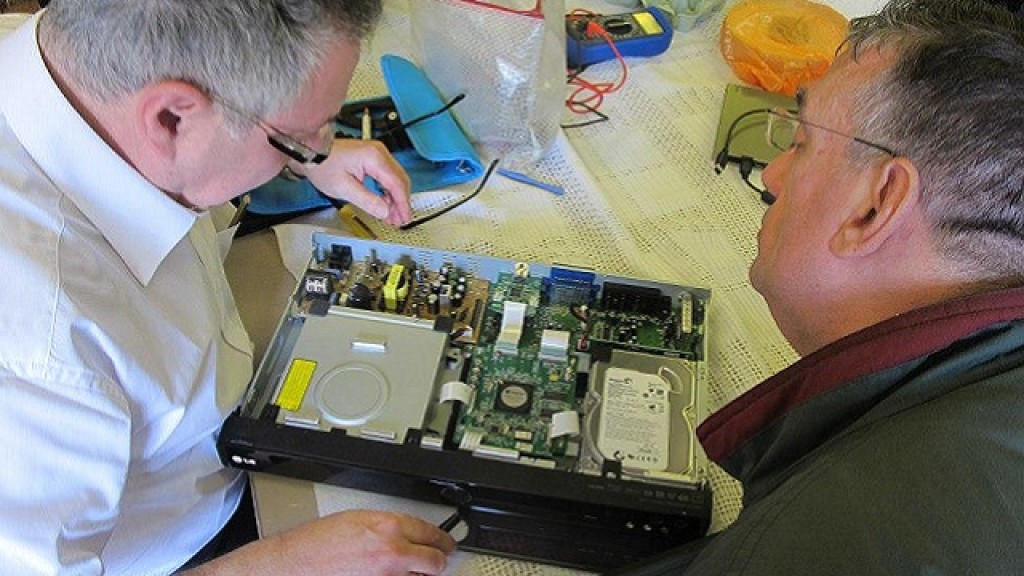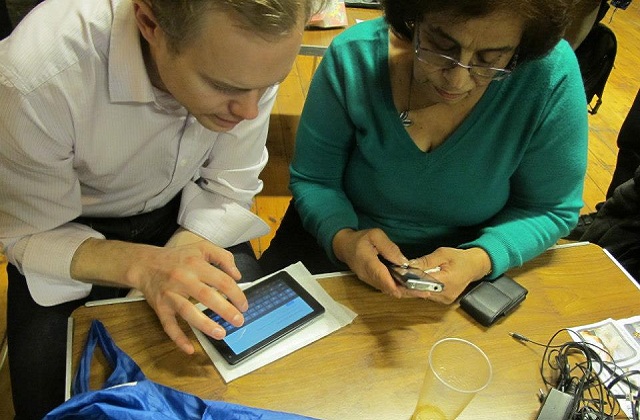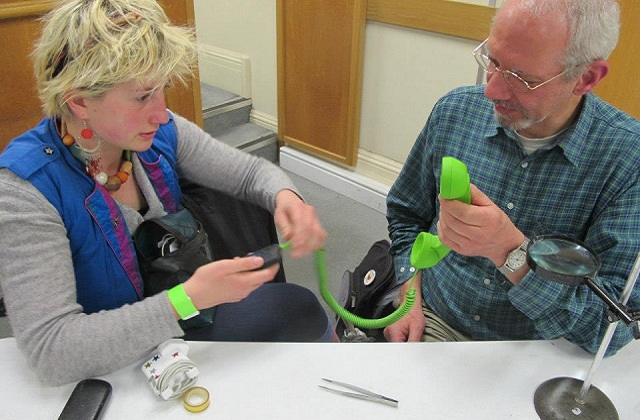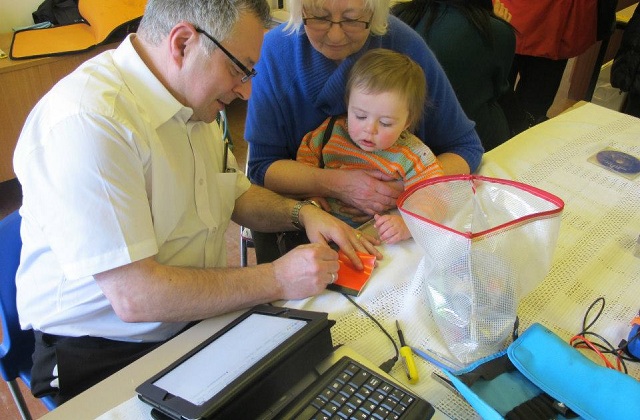Resources - Blog
Could you become a Restarter?

Janet Gunter, the co-founder of The Restart Project, and a communications specialist who works in global development, gives us an insight into their brilliant volunteer ‘Restarters’.
Nine months into our activity as The Restart Project, we have stopped more than once to pinch ourselves. Last year, when we started throwing “Restart Parties” – community repair events, during which talented volunteers help people learn more about how to repair electronics, and often fix their broken kit – we only had the smallest group of volunteers. We just threw ourselves head long into our cause – to empower people to reduce waste – and what has always impressed us is the organic growth of our committed group of repairers. New repairers turn up at events, find us online, get referred by friends.
We owe all of our momentum to our Restarters, a fun yet serious group. We would like to take a moment to introduce two of our committed repairers, and share their approach to repair.
John, a long-time Camden resident who is one of our most engaged volunteers writes:
“Common sense is very useful but not exactly what’s needed with some of the complex problems we meet. I’d call it ‘thinking outside the box’ or a Sherlock Holmes mentality, not that common…
I encourage people to treat repairing as a challenging game, where the prize is the working object plus the satisfaction of overcoming the obstacle. By default, win or lose, unconscious learning and experience is gained.”
David, an east Londoner who has a background in tech and telecommunications, and is a privacy and civil liberties activist, writes
“The skills needed for most repairs are: a lot of common sense, some limited experience (acquired at a Restart Party), good research skills and access to a few tools. For example, if you can deal with a blown fuse, you have some understanding of continuity and if you have ever touched a lit light bulb, you understand that current generates heat. So when a device stops working, first steps are to check that everything is still connected, that electricity flows, and that there’s no dust or crumbs blocking any fan (an air duster often comes handy).
For how to open a device such as a laptop or a mobile phone, that’s where the research skills comes in handy as it is likely already documented somewhere on a web page or a video.
Experience will be useful to realise how hard to pull on a part to pry it open while being careful to avoid ripping out a hidden connector, or that using an egg carton to store screws in the order of each step helps to find them again when time comes to reassemble things.”
Both believe in the empowering and transformative aspect of repair. John shares:
“I like to ask Restart Party….customers? attendees?..participants?..what they find difficult in attempting repair themselves, will they try in future? We need to destroy the mystery of these magical gadgets everyone uses without any idea of how, why they work, or are made…..and the occult knowledge needed by the priests of repair. Maybe to see the insides of their beloved iPod would spoil the dream created by Apple, that this device just manifested into being, beyond the power of man…. alien technology or a higher force.”
And David says:
“For more than twenty years I’ve been communicating to demystify new technologies and software development, initially – and how to reclaim our civil liberties, later.
What attendees get out of the Restart Parties should be much more than a repaired product: a willingness to fix their electronic products in the future and some basic repair skills. The Restart Parties are an occasion for collaborative repairing, where there are no geniuses, just more experienced Restarters (and hopefully soon to be Restarters). It is for this transformative process, when attendees realise that many repairs are accessible to them, that I am involved in Restart.
The confidence gained at the Restart Parties by some attendees to start fixing things on their own is the most rewarding part of the experience.”
If you are reading this, perhaps you have a skill worth sharing: maybe you know how to make a slow PC faster again. Or you know how to clean a printer, or how to extend the battery life of a smartphone. Perhaps you are a professional repairer or a tinkerer, and you can teach us more. If you’d like to get involved, please contact us on our website or on Meetup.com.








